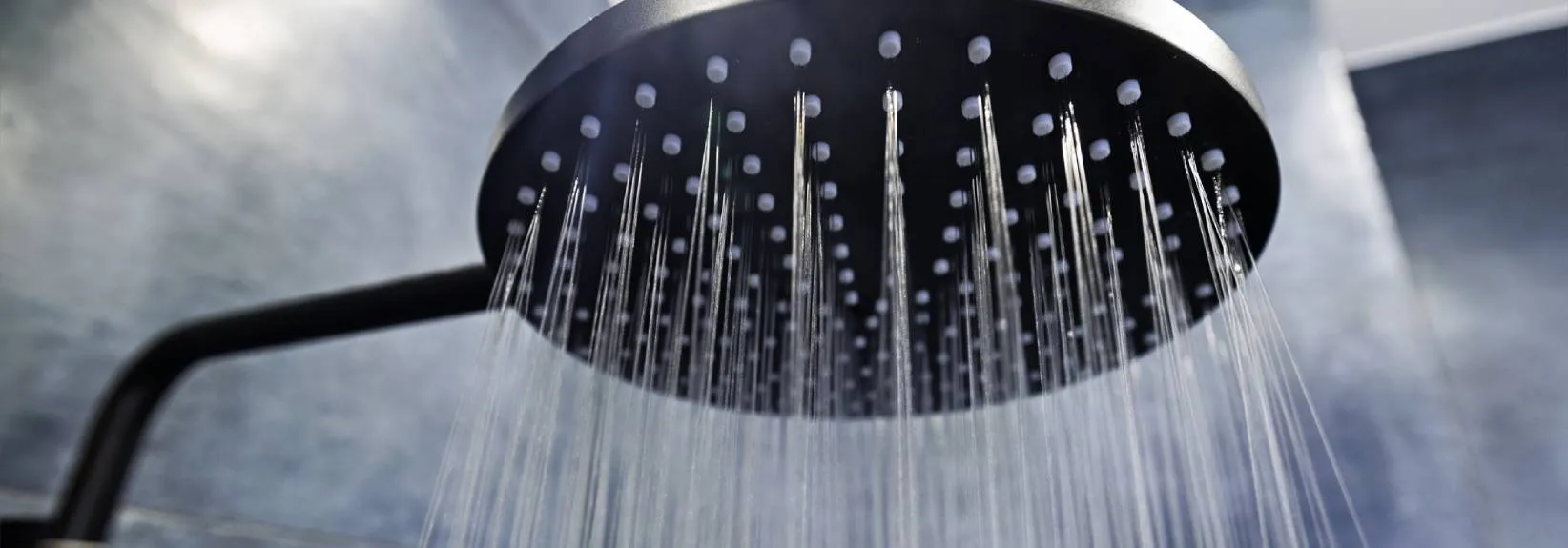What Are the Advantages of a Heat Pump Water Heater?
Heat pump water heaters, also referred to as hybrid water heaters, are a revolutionary and eco-friendly solution that might be ideal for your household’s hot water needs. Dig into the inner workings of these unique units and explore their pros and cons to help you decide if a heat pump water heater is the right choice for your North American home. Then, research other unconventional water heating solutions and learn when to replace your water heater.
How Do Heat Pump Water Heaters Work?
Heat pump water heaters harness energy from the air or ground to warm the water held in a big, insulated tank. They operate in a similar way to a refrigerator, but in reverse. Instead of expelling heat to cool a space, they pull heat into the system to increase the water temperature. These water heaters need far less electricity than conventional electric resistance models, acting as an energy-efficient option for homeowners who want to cut their costs and decrease their carbon footprint.
Heat Pump Water Heaters: Pros and Cons
Benefits of Heat Pump Water Heaters
More and more North American homeowners are deciding to heat their water with heat pump systems. Here are a few of the pros of doing so:
• Energy efficiency: Heat pump water heaters are extremely energy-efficient, using about 60% less electricity than conventional electric resistance water heaters. This efficiency translates to quite a bit of utility bill savings, making them a beneficial possibility.
• Environmentally friendly:A decrease in power consumption results in fewer greenhouse gas emissions. The eco-friendly characteristics of heat pump water heaters are enhanced even more when heat pumps are paired with solar panels.
• Long life span: These water heaters last up to 15 years, reducing how often they must be exchanged for a new unit.
• Rebates and incentives: Several federal, province and local governments offer rebates, tax credits and other incentives for those who buy and install energy-efficient appliances like heat pump water heaters.
Drawbacks of Heat Pump Water Heaters
To be a well-informed consumer, you will want to also be familiar with the drawbacks of heat pump water heaters. Here’s what to understand:
• Larger initial investment: Heat pump water heaters are more costly than conventional units.
• Installation complexity: The tank and heat pump combination makes these units more substantial in size at the outset, and they take up extra space for proper airflow, potentially increasing installation expense and complexity.
• Noisier operation: Compressors and fans make heat pump water heaters noisier than traditional models.
• Decreased efficiency in cold climates: Heat pump technology is greatly affected by ambient temperature, so these units aren’t recommended for freezing places.
Other Less Conventional Types of Hot Water Heaters
Storage tank water heaters powered by natural gas or electricity are the most common type of water heating system. Still, a number of other alternative options are on the market in addition to heat pump water heaters. Consider these productive, innovative solutions:
• Tankless water heaters heat water on demand as it flows through the small, wall-mounted unit, eliminating the large storage tank and inefficient standby heat loss.
• Point-of-use water heaters are streamlined tankless designs installed directly where you need hot water the most, such as the kitchen, bathroom or laundry room. This greatly lowers the wait time for hot water and improves the ability to multitask hot water activities.
• Solar water heaters harness the sun’s power with integrated solar panels, which makes them an environmentally friendly choice in sunny climates.
• Combination boiler water heaters produce both space heating and water heating from one unit, eliminating the need for separate appliances.
• Condensing water heaters employ the heat from exhaust gases to enhance efficiency and reduce energy consumption.
How to Know You Need a New Water Heater
Identifying the signs that it’s time to replace your water heater can prevent the aggravation of an emergency replacement. Some important indicators include:
• Age: Conventional water heaters have a life span of eight to 12 years. If yours is getting close to or has surpassed this age range, think about a replacement before a total failure occurs.
• Frequent repairs: If your water heater is repeatedly breaking down, installing a new unit may be much more cost-effective.
• Escalating energy bills: Increasing energy costs are a warning sign of a decline in your water heater’s efficiency, meaning it may be approaching the end of its life.
• Rusty water: If your hot water is discolored or tastes of metal, internal corrosion may be happening. Protect your family’s health by buying a a new model.
• A lack of hot water: Do you consistently run out of hot water? Your current water heater may no longer fulfill your property’s needs.
• Water leaks: Water pooled around your water heater tank may suggest corrosion or valve leaks that may require a repair or replacement.
Schedule Water Heater Services in North America
For many homeowners, the strengths of heat pump water heaters are more advantageous than the drawbacks. If you determine that it’s time to replace your water heater, turn to Enercare Winnipeg Supply for quality, affordable services. Our staff of highly skilled, licensed plumbers can help you find the ideal water heating solution for your North American home, whether that’s a conventional storage tank or a less conventional solution. From expert installation to regular maintenance and repairs, we’ve got you covered! Get a hold of a Service Experts office near you to arrange for water heater services today.



